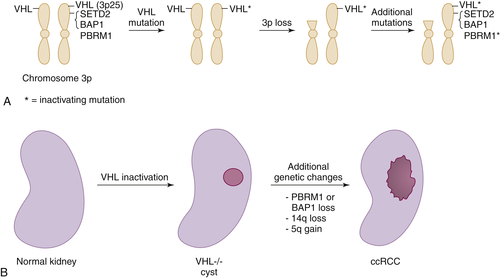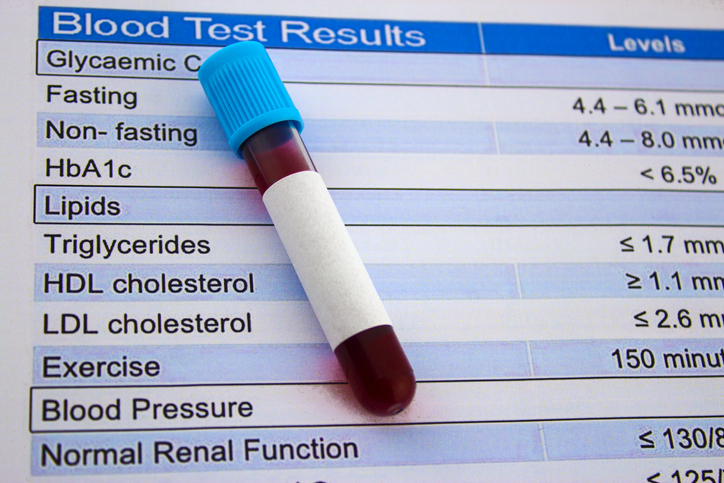RenalNext is a next generation sequencing panel that simultaneously analyzes 20 genes associated with increased risk for kidney cancer. Family members with kidney cancer Long-term use of a pain-relieving drug called phenacetin Certain rare genetic diseases such as von Hippel-Lindau disease Birt Hogge Dube syndrome and others History of long-term exposure to asbestos or cadmium.
Types Of Kidney Cancer Rarekidneycancer Org
Also people with some rare genetic disorders have a higher risk of developing kidney cancer - for example von Hippel-Lindau syndrome Birt-Hogg-Dubé syndrome and tuberous sclerosis.

Kidney cancer genetic. Hereditary Kidney Cancer Familial kidney cancer occurs when multiple first-degree relatives a parent sibling or child have been diagnosed with kidney cancer and there is no known genetic cause. Hereditary kidney cancer means that there is a known genetic mutation. The VHL protein is a component of the oxygen and iron sensing pathway that regulates hypoxia-inducible factor.
A faulty gene which runs in some families may sometimes trigger kidney cancer. Get comprehensive information on. In a review from the National Cancer Institute of over 600 cases of hereditary kidney cancer the median age at diagnosis was 37 years with 70 of the cases being diagnosed at age 46 years or younger compared with a median age at diagnosis of 64 years in the overall population.
Based on the initial analysis of kidney renal clear cell carcinoma dataset from The Cancer Genome Atlas genes MT1E MT1F MT1G and MT1M were selected for qualitative methylation analysis in 30 tumors including 10 multifocal cases 10 pericancerous and 30 noncancerous renal tissues NRT. This accounts for a. Genetic linkage analysis was performed to identify the gene for inherited forms of renal carcinoma.
Though the exact cause of clear cell renal cell carcinoma is unknown smoking the excessive use of certain medications and several genetic predisposition conditions such as von Hippel Lindau syndrome may contribute to the development of this type of cancer. Each of the seven known kidney cancer genes VHL MET FLCN TSC1 TSC2 FH and SDH is involved in pathways that respond to metabolic stress or nutrient stimulation. Some people inherit genes that can increase their chances of developing certain types of cancer.
Genetics of Renal Cell Carcinoma includes the hereditary cancer syndromes von Hippel-Lindau disease hereditary leiomyomatosis and renal cell cancer Birt-Hogg-Dubé syndrome and hereditary papillary renal carcinoma. Hereditary leiomyomatosis and renal cell cancer HLRCC is a hereditary condition associated with the development of multiple leiomyomas smooth muscle tumors in the skin and uterus fibroids as well as an aggressive form of kidney cancer. Factors that increase the risk of kidney cancer include smoking high blood pressure obesity faulty genes a family history of kidney cancer having kidney disease that needs dialysis being infected with hepatitis C and previous treatment for testicular cancer or cervical cancer.
Some rare inherited conditions can cause kidney cancer. The DNA in each of your cells that you get from your parents may have changes that give you this risk. Families in which 2 or more individuals had kidney cancer underwent a comprehensive evaluation to determine whether they were affected with a hereditary form of renal carcinoma.
Genetic factors may play a role in some cases.








